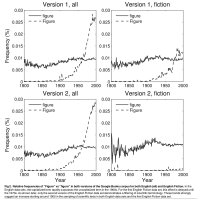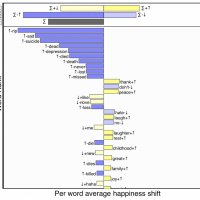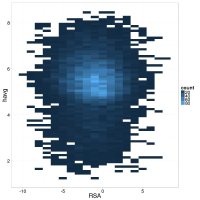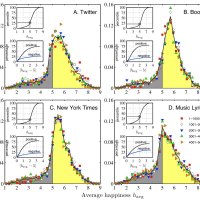The Google Books project doesn’t (yet) reflect cultural evolution
The Google Books project is a wonderful, vital enterprise with the potential to open up new quantitative ways to deeply explore culture, history, and language. And so it was with much anticipatory rubbing of hands together that we dove into the data set to see what we could find about the evolution of language. And then, after some standard suffering, and with much …





